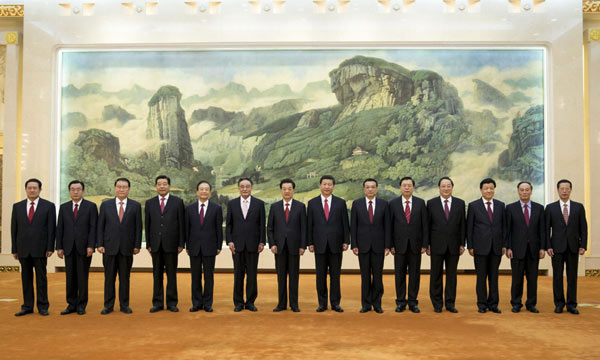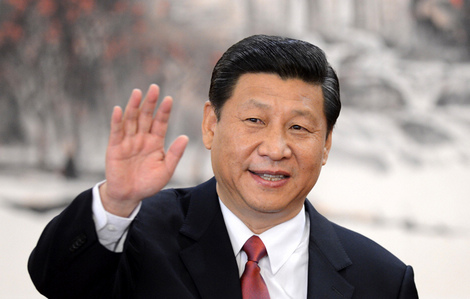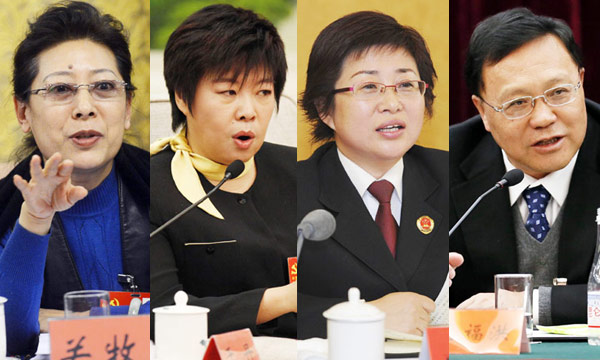Amending CPC Constitution significant to Party unity: spokesman
(Xinhua)
Updated: 2012-11-18 22:24
BEIJING - Amending the Constitution of the Communist Party of China (CPC), a decision adopted by the 18th CPC National Congress, is significant to maintain the Party unity in thoughts and actions, a spokesman said Sunday.
The 18th CPC National Congress approved on November 14 an amendment to the CPC Constitution that includes the Party's latest achievements in theoretical innovation and practice.
The amendment was designed to "meet the CPC's objective needs of carrying forward Party work and stepping up Party building in a new situation," a spokesman of the secretariat of the national congress said in an interview with Xinhua.
"It is a key step to maintain the whole Party's unity in thoughts and actions, to accumulate wisdom and strength, and mobilize the whole Party," the spokesman said.
The amendment lists the Scientific Outlook on Development along with Marxism-Leninism, the Mao Zedong Thought, the Deng Xiaoping Theory and the important thought of Three Represents, as the Party's guidelines for action.
It also includes statements on the socialist system, path and theories with Chinese characteristics and on the need to promote ecological progress.
Reform and opening up is highlighted in the amendment as "the path to a stronger China" and the "salient feature" of the new period in China.
Amending the Party Constitution is good for implementing the Constitution and the Party's policies and plans, carrying out the Party and State work, and making Party building more scientific in all respects, the spokesman said.
The amendment features full play of intra-Party democracy and embodies the CPC's collective wisdom, the spokesman said.
Since 1982, the CPC Constitution has been amended for six times to meet the changing situation and reflect the CPC's achievements in adapting Marxism to China's realities.
In 1997, the Deng Xiaoping Theory was written into the Constitution as a manifestation of the Party's judgment that China would remain in the primary stage of socialism for a long period of time, and would make economic development as one core task.
Five years later, the important thought of Three Represents was incorporated into the Constitution to clarify what socialism is and how China should build socialism.

Top News
Full text of Hu's report at 18th Party Congress
Pamphlet of revised CPC Constitution published
Xi Jinping urges to develop socialism
Video







